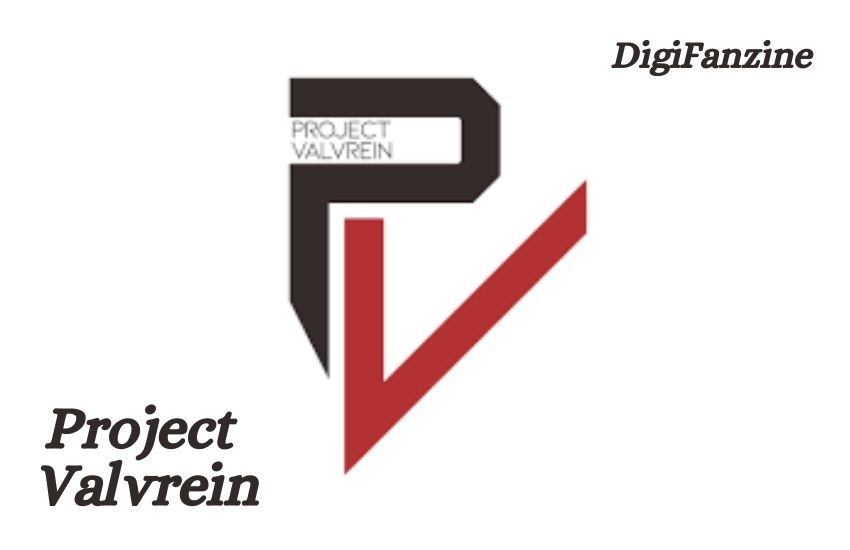Introduction to Project Valvrein
Project Valvrein is a pioneering initiative at the forefront of technological innovation, integrating cutting-edge technologies to transform multiple sectors. This ambitious project merges artificial intelligence (AI), quantum computing, and advanced robotics into a unified platform, aiming to revolutionize industries such as healthcare, manufacturing, and transportation. As we delve into Project Valvrein, we’ll explore its core components, applications, and potential impact on various fields.
Core Technologies Behind Project Valvrein
Artificial Intelligence (AI)
Artificial intelligence is the cornerstone of Project Valvrein, providing the cognitive capabilities needed to handle complex tasks and vast amounts of data. AI within Project Valvrein facilitates advanced data analysis, predictive modeling, and real-time decision-making. This technology powers systems that can anticipate user needs, optimize operations, and drive innovation across different industries.
In healthcare, AI-driven tools within Project Valvrein enhance diagnostic accuracy, personalize treatment plans, and streamline administrative processes. These capabilities not only improve patient outcomes but also make healthcare delivery more efficient.
Quantum Computing
Quantum computing represents a significant leap in computational power, allowing Project Valvrein to address problems that traditional computers struggle with. By harnessing the principles of quantum mechanics, Project Valvrein accelerates data processing and problem-solving in fields such as cryptography, drug discovery, and supply chain optimization.
The integration of quantum computing into Project Valvrein enhances its ability to perform complex calculations and simulations quickly. This has profound implications for industries requiring high-speed data analysis and secure communications.
Advanced Robotics
Advanced robotics play a crucial role in Project Valvrein, bridging the gap between human capabilities and machine efficiency. The project incorporates sophisticated robots equipped with state-of-the-art sensors and machine learning algorithms. These robots are designed to perform tasks with precision, improve safety, and enhance productivity in various settings.
In manufacturing, for example, Project Valvrein’s robotics automate production processes, reduce errors, and enable real-time adjustments. In healthcare, robotic systems assist in surgeries and patient care, improving precision and reducing recovery times.
Applications of Project Valvrein
Healthcare Revolution
Project Valvrein is making significant strides in healthcare by integrating AI and robotics to improve patient care. AI algorithms analyze vast amounts of medical data to identify patterns and predict health issues before they arise. This enables early intervention and personalized treatment plans tailored to individual needs.
Robotic systems within Project Valvrein assist in surgical procedures, providing surgeons with enhanced precision and control. These systems also support rehabilitation and patient monitoring, ensuring continuous care and faster recovery.
Manufacturing Innovation
In the manufacturing sector, Project Valvrein transforms production processes through automation and optimization. The integration of AI and robotics allows for flexible and efficient manufacturing systems that can adapt to changing market demands. Automation reduces production costs and minimizes human error, leading to higher-quality products and faster time-to-market.
Project Valvrein also leverages quantum computing to optimize supply chain management, ensuring that resources are allocated efficiently and production schedules are maintained. This results in a more resilient and responsive manufacturing process.

Transportation Enhancement
Transportation systems are being revolutionized by Project Valvrein’s advancements in AI and robotics. The project supports the development of autonomous vehicles that can navigate complex environments safely and efficiently. AI algorithms manage real-time traffic data to optimize routes, reduce congestion, and improve overall transportation efficiency.
Additionally, Project Valvrein’s smart infrastructure solutions enhance connectivity and communication within transportation networks. This fosters a more integrated and sustainable transportation system that can adapt to evolving needs and technological advancements.
Challenges and Ethical Considerations
Data Privacy and Security
As Project Valvrein integrates AI and quantum computing, data privacy and security become critical concerns. The project handles vast amounts of sensitive information, necessitating robust measures to protect against unauthorized access and cyber threats. Ensuring the security of data and maintaining user trust are essential for the success of Project Valvrein.
Economic and Workforce Impact
The widespread adoption of automation and advanced technologies through Project Valvrein may lead to job displacement and economic shifts. It is important to address these challenges by investing in workforce retraining and creating new job opportunities that align with emerging technologies.
Ethical AI Development
Project Valvrein emphasizes the need for ethical AI practices to avoid biases and ensure fairness in decision-making. Establishing guidelines and standards for ethical AI development helps mitigate risks and fosters responsible use of technology.
Future Prospects of Project Valvrein
Project Valvrein is set to continue its trajectory of innovation, with ongoing developments and expansions anticipated. The project’s focus on integrating advanced technologies into practical applications promises to drive progress across industries and improve quality of life.
Looking ahead, Project Valvrein aims to further enhance its technological capabilities, expand its impact, and contribute to a more connected and efficient world. The continued evolution of AI, quantum computing, and robotics will shape the future of Project Valvrein, paving the way for new opportunities and advancements.
Conclusion
Project Valvrein stands as a testament to the transformative power of technology, blending AI, quantum computing, and robotics to create a unified platform with far-reaching implications. Its applications in healthcare, manufacturing, and transportation highlight its potential to revolutionize various sectors, while addressing challenges related to data security, workforce impact, and ethical considerations. As Project Valvrein continues to evolve, it promises to shape the future of technology and drive innovation across the globe.
